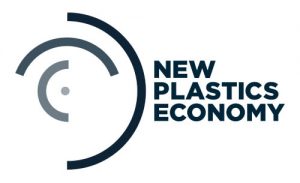 Top manufacturers, recycling stakeholders and environmental organizations want to ban oxo-degradable plastic packaging because they don’t believe it actually prevents pollution.
Top manufacturers, recycling stakeholders and environmental organizations want to ban oxo-degradable plastic packaging because they don’t believe it actually prevents pollution.

 Top manufacturers, recycling stakeholders and environmental organizations want to ban oxo-degradable plastic packaging because they don’t believe it actually prevents pollution.
Top manufacturers, recycling stakeholders and environmental organizations want to ban oxo-degradable plastic packaging because they don’t believe it actually prevents pollution.
 Readers last month were drawn to news of a large-scale PET recycling facility coming to California, as well as stories about China’s ban, ocean plastics and more.
Readers last month were drawn to news of a large-scale PET recycling facility coming to California, as well as stories about China’s ban, ocean plastics and more.
 Global consumer goods company Procter & Gamble used 34,400 metric tons of post-consumer plastic during the 2016-17 fiscal year, bringing it nearly one-third of the way to its 2020 goal.
Global consumer goods company Procter & Gamble used 34,400 metric tons of post-consumer plastic during the 2016-17 fiscal year, bringing it nearly one-third of the way to its 2020 goal.
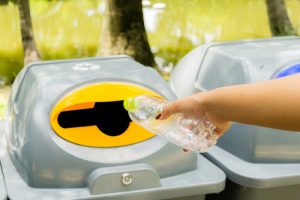 Plastic bottle recycling was a difficult business to be in last year, with negative trends seen in collection, processing and pricing, according to an annual report on the industry sector.
Plastic bottle recycling was a difficult business to be in last year, with negative trends seen in collection, processing and pricing, according to an annual report on the industry sector.
 Lower prices for recovered polyethylene films have helped drive higher profits for composite lumber product manufacturer Trex.
Lower prices for recovered polyethylene films have helped drive higher profits for composite lumber product manufacturer Trex.
 Procter & Gamble announces the expansion of a technology for recovering plastics from diapers, and reclaimers install new equipment to boost their capacities.
Procter & Gamble announces the expansion of a technology for recovering plastics from diapers, and reclaimers install new equipment to boost their capacities.
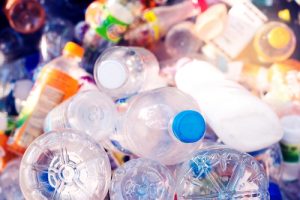 For years, a European Union panel has given its thumbs up to using recycling processes to generate food-contact recycled plastics, but those opinions aren’t official government “approvals.” Some groups say the lack of official authorization from the European Commission has lead to damaging uncertainty for the industry.
For years, a European Union panel has given its thumbs up to using recycling processes to generate food-contact recycled plastics, but those opinions aren’t official government “approvals.” Some groups say the lack of official authorization from the European Commission has lead to damaging uncertainty for the industry.
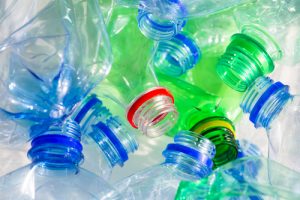 PET depolymerization company Loop Industries has agreed to purchase a 150,000-square-foot site for its first manufacturing facility.
PET depolymerization company Loop Industries has agreed to purchase a 150,000-square-foot site for its first manufacturing facility.
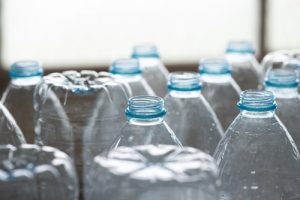 California lawmakers have revised the state’s definition of PET to exclude PETG, meaning products made from the glycol-modified plastic are barred from using resin code No. 1.
California lawmakers have revised the state’s definition of PET to exclude PETG, meaning products made from the glycol-modified plastic are barred from using resin code No. 1.
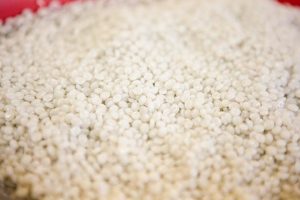 A plastics recycling giant in Alabama will likely be significantly increasing its output of recycled natural HDPE after receiving a letter of no objection (LNO) from the U.S. Food and Drug Administration.
A plastics recycling giant in Alabama will likely be significantly increasing its output of recycled natural HDPE after receiving a letter of no objection (LNO) from the U.S. Food and Drug Administration.
